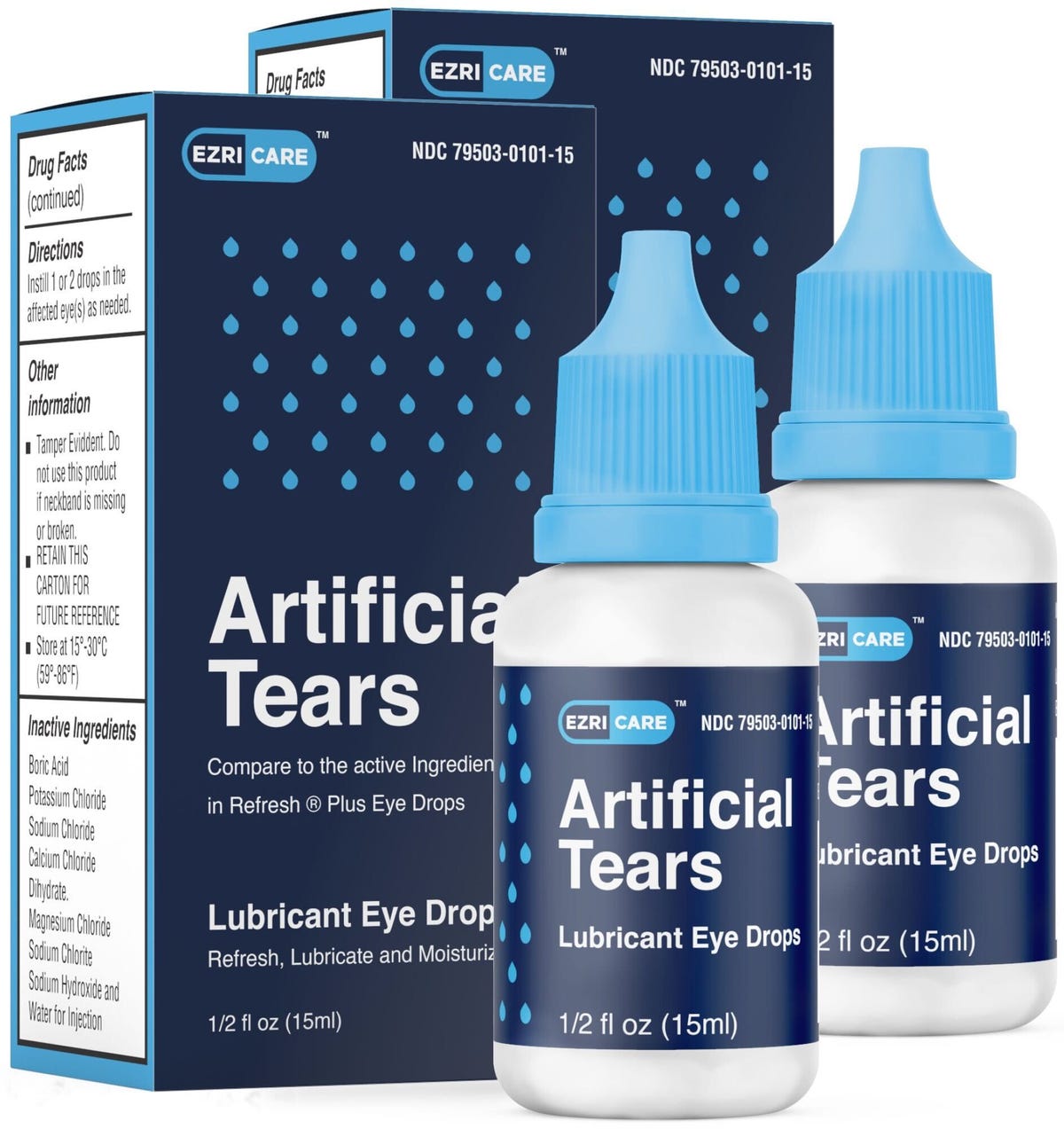EzriCare Artificial Tears are linked to a multistate investigation into a cluster of infections that have resulted in vision loss, hospitalization and one death, according to a Jan. 20 notice sent to states by the US Centers for Disease Control and Prevention and confirmed by a CDC spokesperson. The notice was also posted by the American Academy of Ophthalmology.
The ongoing investigation, which dates back to May 2022, includes at least 50 cases in 11 states. The infections being investigated were resistant to carbapenem and other antibiotics, according to the notice.
The CDC recommends that people quit using EzriCare’s Artificial Tears until the analysis and investigation is done.
EzriCare said Wednesday that customers should discontinue use of its lubricating eye drops, and that as soon as the company received word of the CDC’s investigation notice, EzriCare “immediately took action to stop any further distribution or sale.” The company also said it’s willing to work with health agencies, but it added that it’s “not aware of any testing that definitively links” the infections to EzriCare’s Artificial Tears.
EzriCare, a New Jersey based over-the-counter drug brand, also noted that it doesn’t manufacture the eye drops, which are made outside the US and are also sold under different brand names besides EzriCare.


According to the investigation notice, a review of the patients with infections found that a “majority” of them had used artificial tears, and that the most common brand reported was EzriCare.
Artificial tears may be used for treating dry eyes. Preservative-free ones like EzriCare’s have fewer additives and might normally be recommended for people who use them frequently or multiple times a day. Tests of bottles of the artificial tears are ongoing.
The information contained in this article is for educational and informational purposes only and is not intended as health or medical advice. Always consult a physician or other qualified health provider regarding any questions you may have about a medical condition or health objectives.

